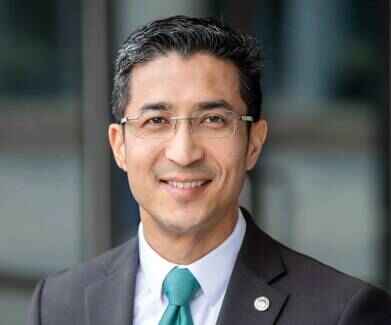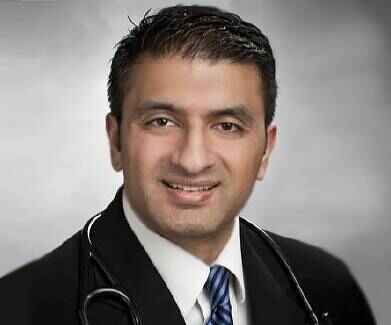About Aurora Behavioral Health Center – West Allis
Aurora Health Center in West Allis, Wisconsin is part of the Aurora West Allis Medical Center physician tower. The health center offers many services such as annual wellness visits and routine healthcare. Physicians at this center treat and manage chronic diseases, diagnose complex medical conditions, and provide preventative care.
Although they don’t have specific behavioral health programs at this location, clients can get referred to the organization’s nearby psychiatric hospital for ongoing mental health and substance use disorder (SUD) treatment. The healthcare organization accepts many types of health insurance, including some Medicare and Medicaid plans.
The City of West Allis is home to thousands of visitors yearly. They come to the iconic Wisconsin State Fair, to eat at the Farmer’s Market’s Food Truck Fridays, and attend the famous A La Carte Festival in June. This is a family friendly town and a good place to start your recovery.
The healthcare organization’s psychiatric hospital is a convenient five miles from the 90th Street Health Center. The hospital has comprehensive mental healthcare services, including treatment for addiction and substance use and misuse.
The Dewey Center programs are at the psychiatric hospital. There are inpatient, outpatient, intensive outpatient (IOP), and partial hospitalization (PHP) programs.
Additionally, they offer medication assisted treatment (MAT) for clients who need help recovering from opioid addiction. Opiates include prescription pain medications such as hydrocodone (Vicodin) and oxycodone (OxyContin, Percocet). They also include drugs like heroin.
Clients can choose from the inpatient or outpatient treatment program. The outpatient program includes a PHP that meets daily for three to 10 days depending on your situation. You’ll begin MAT and work with a therapist.
After the PHP, you’ll progress into the IOP for one month. The program meets three times a week for three hours each time and includes honing your skills for maintaining a sober lifestyle. The last part of the program is outpatient monitoring and routine visits with your psychiatrist. All programs include therapy, medication, and monitoring.















